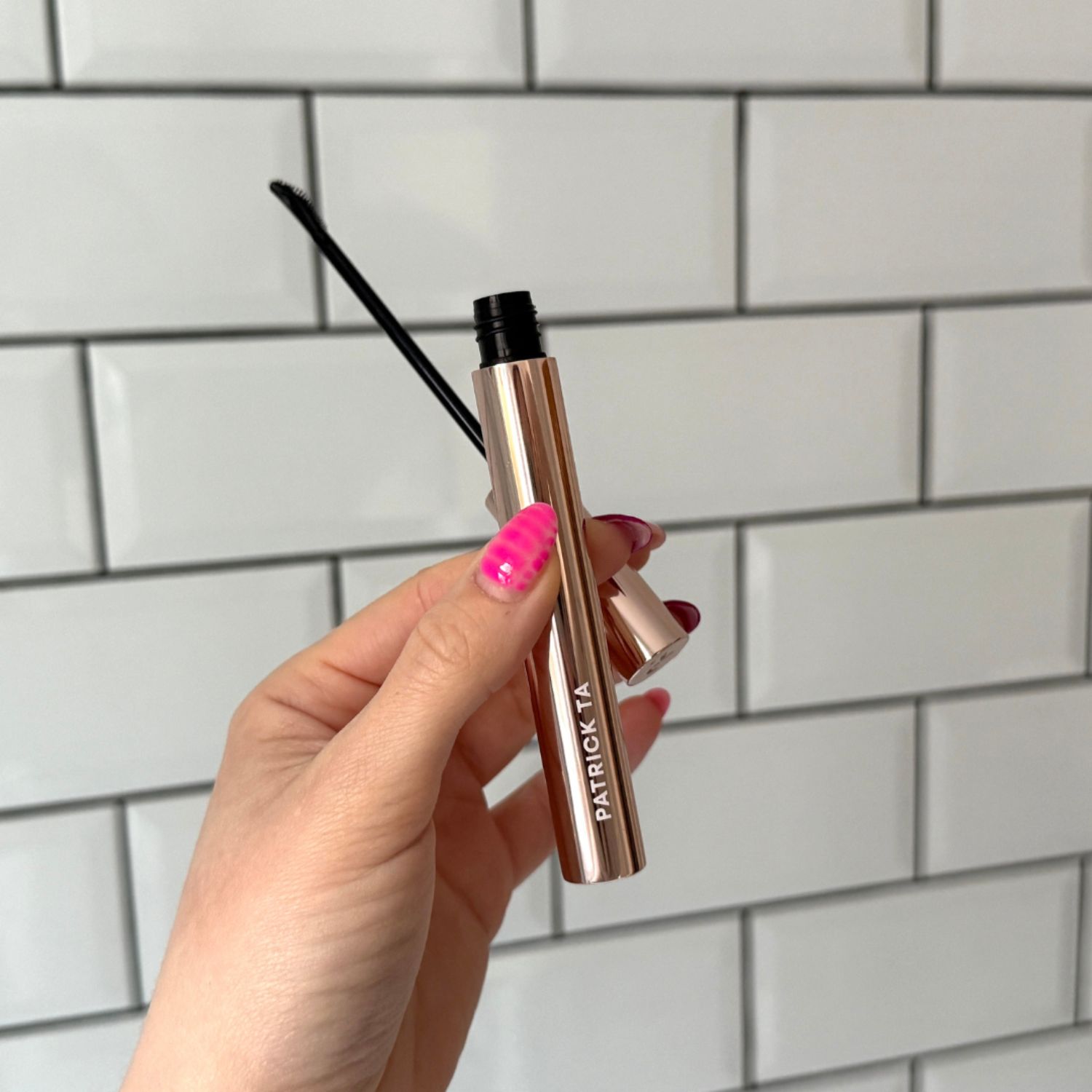Low-Carb Diets: What The Experts Really Say
Cutting carbs seems to be the easiest and quickest way to lose weight. But how effective is it as a long-term solution? We talk to the experts to give you the lowdown on the pros and cons of low-carb living.

Cutting carbs seems to be the easiest and quickest way to lose weight. But how effective is it as a long-term solution? We talk to the experts to give you the lowdown on the pros and cons of low-carb living.
Pros
'Carbohydrates, when consumed excessively, are a major source of fat and weight gain, so cutting carbs out of your diet, combined with a proper fitness routine, should decrease fat and increase muscle definition,' says nutrition and health expert Vicki Edgson.
'Low carb diets can promote rapid weight loss because, by consuming fewer calories and low carbohydrate foods, the body is forced to dip into its fat reserves to meet energy requirements,' says Shona Wilkinson, head nutritionist at The Nutri Centre.
'When reducing carbohydrates, it’s likely that you are reducing calories, so you can see fast results. Also, anyone who reduces their carbohydrate intake will improve their insulin sensitivity, meaning that the carbs they do then consume will be used towards muscle maintenance or growth rather than body fat gain,' says nutritionist Jonny Stannard of Team Lean.
'Studies show that the average woman needs no more than 500 calories a day in the form of carbohydrates, and a lot fewer than that if she’s trying to lose weight,' says nutritionist Zoe Harcombe. 'If you’re eating carbohydrates throughout the day then you’re storing fat all day long, no matter what your calorie intake is. If you cut back dramatically on carbohydrates for even one day, your body starts to break down fat. It’s simple: eat carbs and gain weight; cut carbs and lose weight.'
Cons
Marie Claire Newsletter
Celebrity news, beauty, fashion advice, and fascinating features, delivered straight to your inbox!
'Sticking to a low-carb program for an extended period can rob you of your strength and energy, which can be an issue for those looking to maintain a strong fitness program,' says Shona. 'Eating carbs can prevent the body from going into "starvation mode", which slows down the metabolism.'
'The way people tolerate carbohydrate intake without gaining body fat can vary greatly from person to person, and a controlled carbohydrate diet is going to work best long-term for most people,' says Jonny. 'Some people can experience sluggishness and fatigue on low-carb diets, and, generally, most people are unable to maintain exercise intensity while limiting carb consumption, so workouts tend to become less effective. And, long-term, low-carb diets can reduce thyroid output, leading to a sluggish metabolism and weight gain.'
'Be aware that cutting out carbohydrates, the body’s main energy source and B vitamins, can leave you feeling tired and lethargic,' says Boots' nutritionist Vicky Pennington. 'Quick-fix diets are not the answer. The initial rapid weight loss experienced is more likely to reflect a loss of body water than fat. Focus on eating healthily, increasing your activity levels and taking regular exercise.'
'Low-carb diets can be difficult for vegetarians because the only zero carb foods that exist are meat, fish and eggs,' says Zoe. 'And most people can enjoy meat, fish, eggs, dairy products, vegetables, salad, fruit, pulses, nuts, seeds, brown rice, oats and baked potatoes, and still do well. It is a rare person who is so carb sensitive that they have to eat only 20g of carbohydrate a day to stay slim.'
'It's all about balance, and a low-carb diet isn't designed for life,' says Vicki. 'Cutting down on carbohydrates isn't good for your mood, as these are the foods that boost serotonin. Starchy foods often get lumped together with root vegetables and wholegrains, which contain vital minerals. Without eating these, you’ll feel tired and find it difficult to concentrate for long periods of time. A no-carb diet doesn’t work in the long term, as carbs are your body’s preferred source of fuel for energy. Without them, your body burns fat stores for fuel, but this process will slow down as the weeks go by, and will give you headaches, bad breath, body odour and make you irritable.'
-
 The viral 75 Medium challenge claims to be a friendlier alternative to the 75 Hard. So what do experts reckon?
The viral 75 Medium challenge claims to be a friendlier alternative to the 75 Hard. So what do experts reckon?Restrictive or effective?
By Katie Sims
-
 This is, without question, the best brow lamination-style gel I've ever used—and it rakes in compliments
This is, without question, the best brow lamination-style gel I've ever used—and it rakes in complimentsIf you like a lasting brushed-up brow look, you need this
By Lucy Abbersteen
-
 This new floral perfume collection is crying out for sunny weather—I can’t believe they’re all this good and under £45
This new floral perfume collection is crying out for sunny weather—I can’t believe they’re all this good and under £45Luxury notes on a budget
By Matilda Stanley